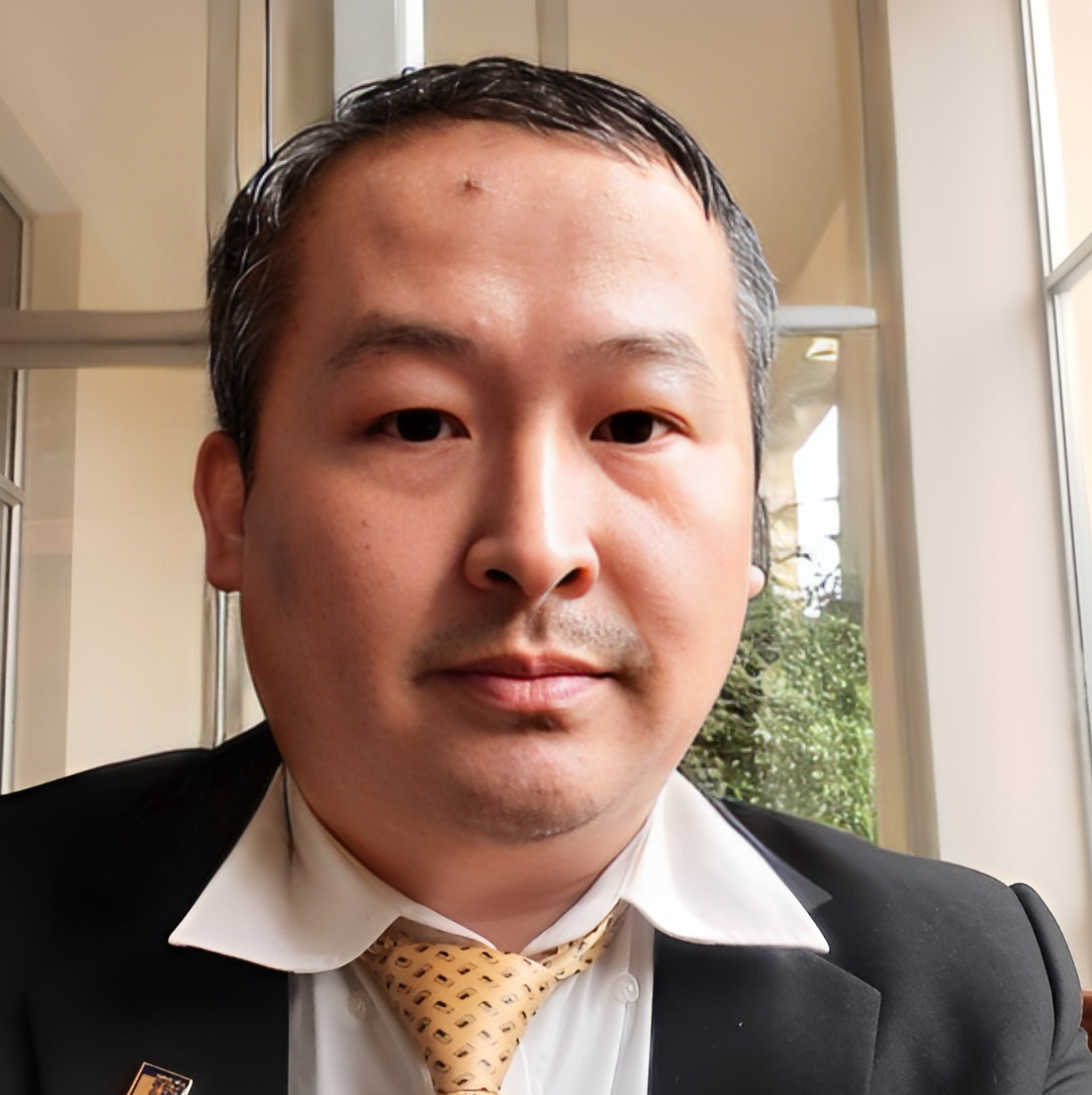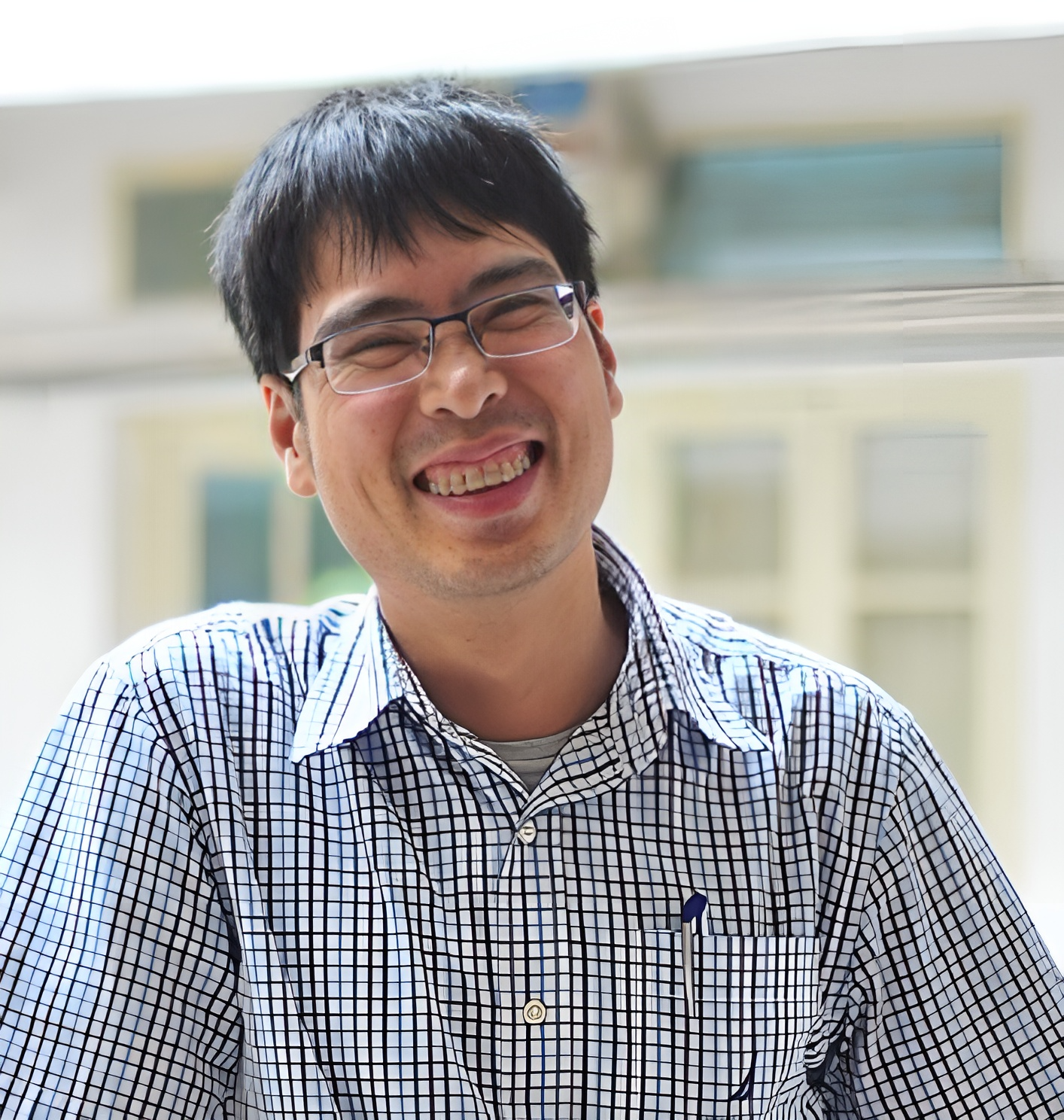
Our Speakers

Assoc. Prof. Nguyen Quang Minh
Hanoi University of Civil Engineering
- minhnq@huce.edu.vn
- +84 90 218 8094

M.Sc. Phan Duy Tu
Hanoi University of Civil Engineering
- tupd@huce.edu.vn
- +84 968 237 868

M. Arch. Ly Quoc Son
Hanoi University of Civil Engineering
- sonlq@huce.edu.vn
- +84 913 056 598

M. Arch. Ngo Thi Ha Thanh
Hanoi University of Civil Engineering
- thanhnth@huce.edu.vn
- +84 904 198 074
About the speaker
A. Prof. Dr. Nguyen Quang Minh has been working a senior lecturer at the Department of Civil Architecture, Faculty of Architecture and Planning – Hanoi University of Civil Engineering (HUCE) since 2011.
He obtained a PhD in Ecological Building from Bauhaus University Weimar (Germany) in 2010 and has been teaching as well as undertaking research since then in sustainable urban development, green and energy-efficient building.
He has several academic articles and book chapters internationally published in his own research areas.
Currently, he is working at the University of Stuttgart as a Humboldt Research Award Holder – a prestigious scholarship for international scientists to conduct intensive research in Germany.
M. Sc. Phan Duy Tu is a lecturer at the Department of Landscape Architecture, Faculty of Architecture and Planning – Hanoi University of Civil Engineering (HUCE).
He holds an M.Sc. in Environmental Design granted by Kanazawa University (KU, Japan) and has been working for more than 10 years in in urban and landscape architectural design as a lecturer, researcher and consultant.
His recent research focuses on shaping urban green spaces, using environment-friendly materials and developing landscape architecture training programs in Vietnam.
M. Arch. Ly Quoc Son has been working as a lecturer at the Department of Civil Architecture, Faculty of Architecture and Planning – Hanoi University of Civil Engineering (HUCE) since 2006.
His research interests include urban morphology and transformation in the Old Quarter of Hanoi, colonial French architecture in Da Nang and Hanoi, and urban ecology.
M. Arch. Ngo Thi Ha Thanh has been working as a lecturer at the Department of Civil Architecture, Faculty of Architecture and Planning – Hanoi University of Civil Engineering (HUCE) since 1999.
Her key research areas focus on high-density housing in big cities and the conservation of French colonial heritage buildings in Hanoi.
Presentation highlights
- Why should sustainable and livable living be applied to new towns in Hanoi in general and to Linh Dam in particular?
What has been gained and what has lost in Linh Dam over the past 20 years?
How to achieve and assess landscape ecology as an integral part of sustainability and livability in Linh Dam?
Paper Abstract
Towards a More Livable and Sustainable Neighborhood: Re-greening and Ecologicalizing Linh Dam New Town in Hanoi (Vietnam) after over Two Decades of Rapid Urban Development
Hanoi – the capital city of Vietnam – has been growing quickly since 2008. High-rise buildings continue to be constructed on a large scale under the pressure of rapid population growth, not only in ten central districts but also in many peri-urban areas. Even the most ecological and livable living quarters of the past two decades must now face the well-known problem: ecology or economy? Located in the Southwest of Hanoi, just seven kilometers from the city center, Linh Dam New Town is a typical example of “urbanization versus ecologicalization”: 22,800 inhabitants – at 22.31 m2 green area per capita as initially planned compared to 76,300 inhabitants – at 6.94 m2 green area per capita today. Consequently, Linh Dam is no longer regarded as livable by the media and by the public as well. In order to enhance the quality of life for the inhabitants, with well-collected data from public opinion surveys and expert consultation, the authors examine the urban development in Linh Dam within 24 years (1999 – 2023) with three important time milestones (2003, 2013 and 2023), analyzing the major causes of this environmental degradation, evaluating the local eco-system based on a number of key indicators, such as greening rate, bio-diversity factor, landscape quality, residents’ demands, etc., highlighting a number of special characteristics in spatial planning and landscape design for Linh Dam to retain or regain, and then proposing a practical re-greening scenario for both the living quarter (as a whole) and for each household (as a unit) of urban ecology with eight solutions for each level, in consideration of the future redevelopment towards sustainability and livability.
Quick Links
Contact Info
- Ringroad 4, Thoi Hoa Ward, Ben Cat Town, Binh Duong Province, Vietnam
- (+84) 28 3820 3240
- auc2024@vgu.edu.vn
Newsletter
Stay updated with our latest news and exclusive offers – subscribe to our newsletter below

Copyright © 2023 by Vietnamese-German University. All rights reserved.